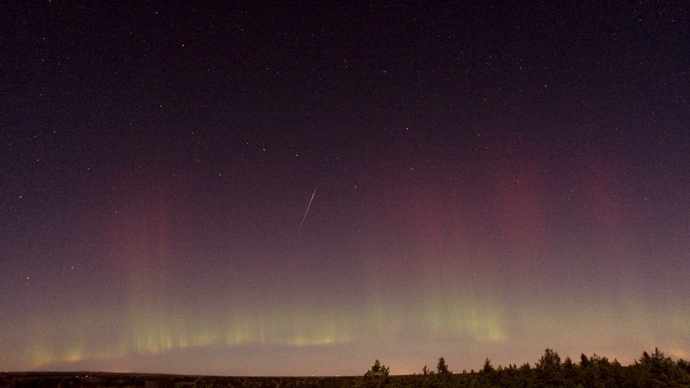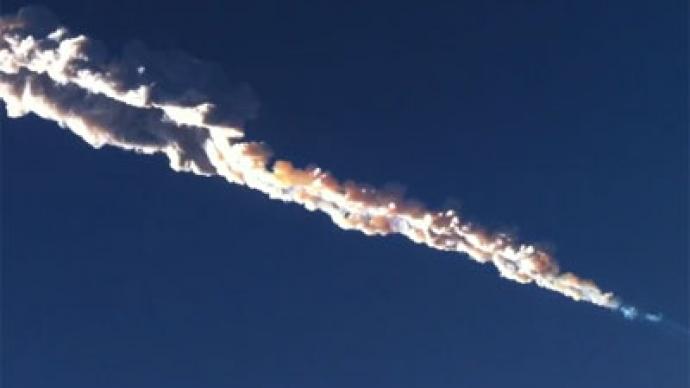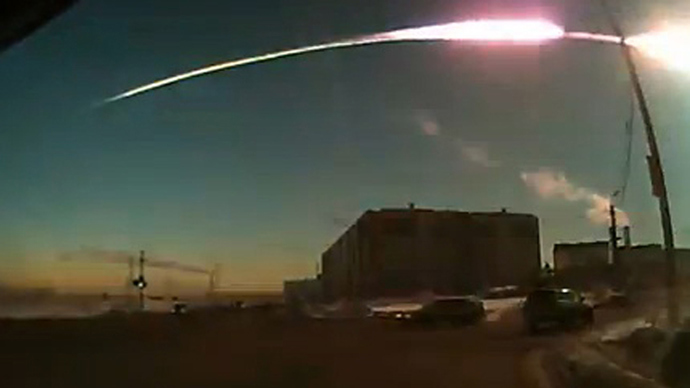The unpredictable Draconid meteors are to dart through the dome of the night sky allowing stargazers to observe a fiery display of shooting stars on Monday and Tuesday peaking right after nightfall.
While most similar celestial shows are best viewed in the early
hours, the Draconid meteors are generally best observed in the
early evening.
The Draconid’s appear from the dragon-shaped constellation - a point near the stars Rastaban and Eltanin, also known as the "Dragon's Eyes."
The Draconids’ real origin is the comet 21P/Giacobini-Zinner which is partially named after the French astronomer Michel Giacobini. He was the first to discover the comet in 1900, in the past the meteor shower was unofficially known as the Giacobinids.
The comet, an icy solar system wanderer, circles its orbit which takes it past Jupiter every 6.6 years. As Earth passes through its debris they fall through our atmosphere as burning meteorites, which we call ‘shooting stars.’
The Draconid meteor put on spectacular shows in 1933 and 1946, with thousands of meteors per hour seen then.
The waxing crescent moon this year will allow stargazers to observe the amazing celestial fireworks at its best. And giving your eyes half an hour to adjust to darkness away from city lights before the show will ensure the best view.



